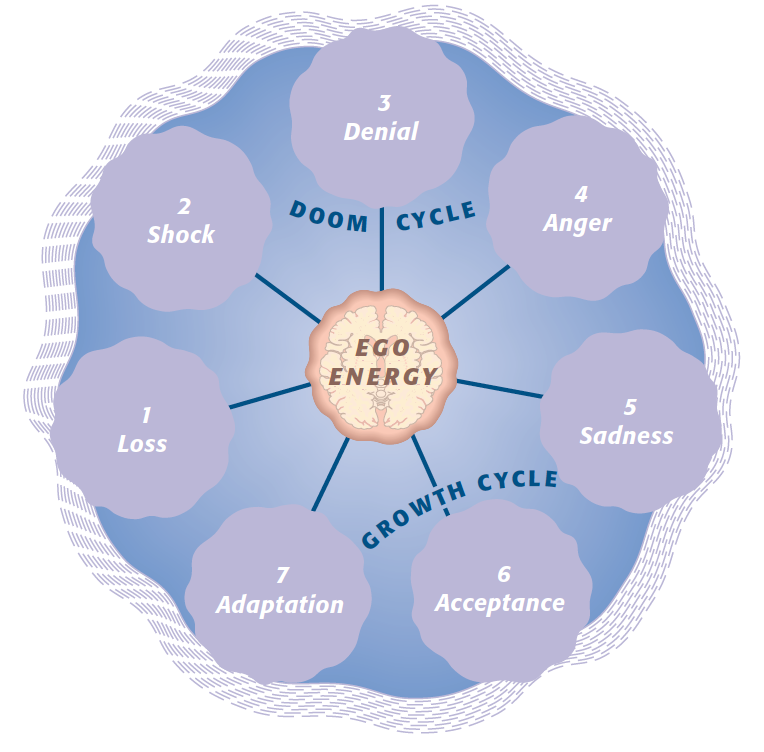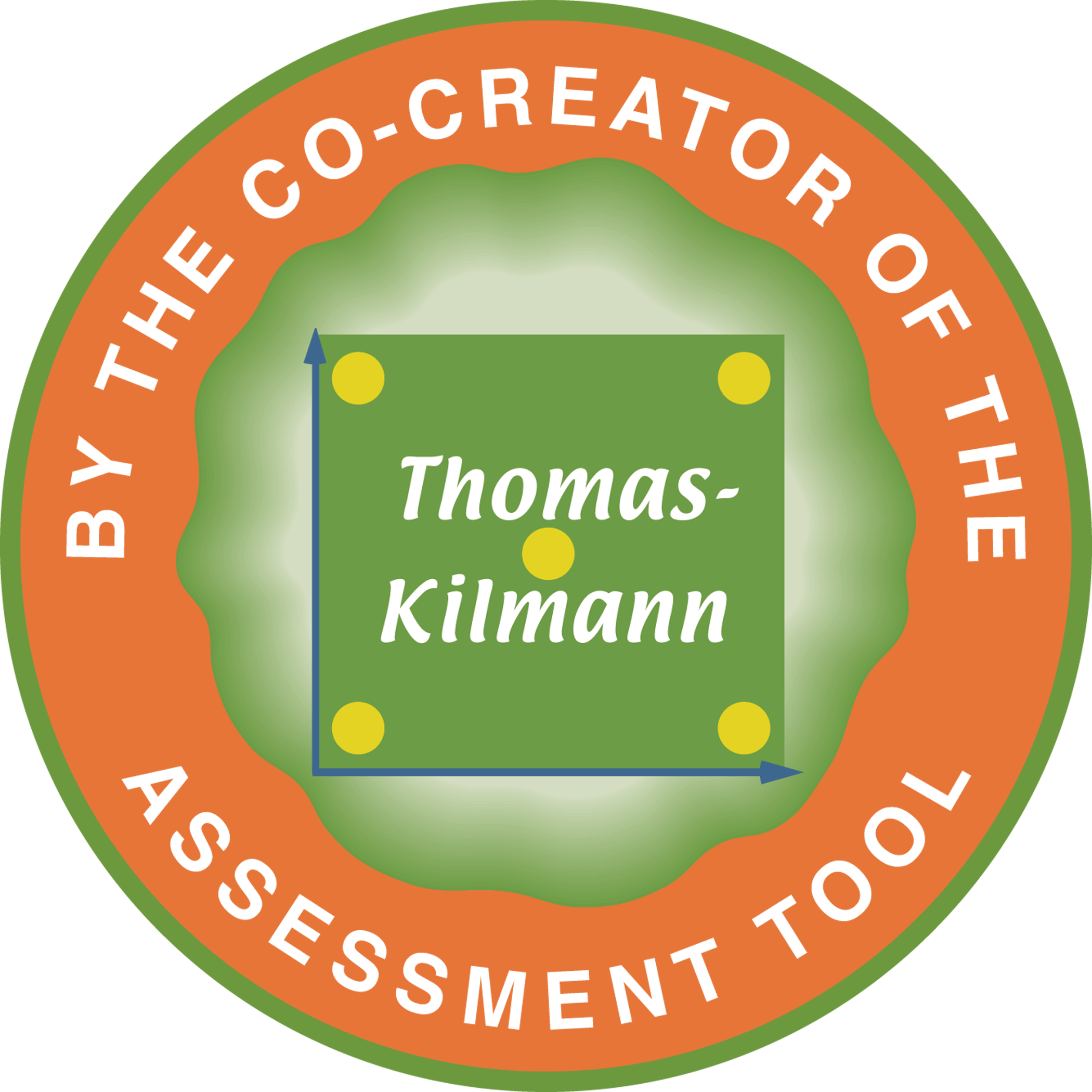08 Jan What to Do When People Are Seriously Stuck and Can’t Seem to Move Forward
Ralph H. Kilmann, co-author of the Thomas-Kilmann Instrument (TKI)
Some people become fixated in a conflict situation for a very long time—or even a lifetime. I have used variations of “attachment theory” to help people take a safe look at themselves while also providing an alternative perspective that might facilitate their movement to a happier, healthier, more resourceful existence.

I should mention that a person’s TKI profile (which conflict modes fall into the high, medium, or low percentiles) does not seem to predict how he defines his sense of self (self-worth, self-esteem, etc). Indeed, it might be that the fundamentals of attachment theory are equally relevant to all psychological types and conflict-handling modes: All of us are powerfully affected by who we think we are and how we arrived at that decision.
In particular, I have asked people to consider WHO defines their self-worth: themselves or others. And I also ask them whose criteria they use to JUDGE whether they are a good or bad person, whether they deserve to be loved…and hence, their value and worth.
So often I have found that people who are stuck for a long time have allowed OTHERS to define their self-worth, using someone else’s criteria. Probably a healthier, happier, and more sustainable choice is for people to define their OWN self-worth according to their OWN criteria. Usually, when people are stuck, there is so much guilt and shame derived from having internalized another person’s definition of what makes for a good or bad person and then having judged themselves from not living up to those erroneous expectations, including who “caused” the trauma, conflict, or loss in the first place.
I often make use of a variation of the Kiebler-Ross model of “death and dying.” I depict seven stages showing the typical responses to ANY loss: (1) loss, (2) shock, (3) denial, (4) anger, (5) sadness, (6) acceptance, and then (7) moving forward…only to again experience some additional loss in the future.

The first four stages represent the DOOM cycle: being stuck in loss, shock, denial, and anger. The GROWTH cycle, of course, represents the last three stages: sadness, acceptance, and moving forward. Now what determines if a person stays in the doom cycle (for years) or if she is able to move on to the growth cycle? My experience is simply this: HOW people define their self-worth AND by whom largely determine whether they can move through the seven stages in a reasonable amount of time.
Lastly, an even more direct approach to “ego attachment” is to ask: What things, people, thoughts, or events do you use to define who you are and, in essence, what makes you valuable, loved, respected, and admired, which makes life worth living? So often, people attach themselves to the things, people, thoughts, or events that can easily be taken away or lost…due to OTHER people’s decisions or the whims of nature. The alternative scenario is to attach (define) your self-worth to those INTERNAL qualities that can never be taken away by anyone else or unforeseen events. The latter includes a SPIRITUAL perspective: defining yourself according to consciousness itself.
The above may sound very mental and overly optimistic, but if the person who has trouble moving out of the doom cycle can be able to at least talk and reflect on some of these SELF-DEFINING issues, it sometimes allows the person to give himself a new lease on life. But every now and then, I do realize that some form of psychotherapy might be essential for very stuck people, when coaching and emotional support cannot help them what is in their long-term best interests. And sometimes, sad to say, even more loss and pain are needed in order to get to the point when a person MUST move forward…or die.
Kilmann Diagnostics offers a series of eleven recorded online courses and nine assessment tools on the four timeless topics: conflict management, change management, consciousness, and transformation. By taking these courses and passing the Final Exams, you can earn your Certification in Conflict and Change Management with the Thomas-Kilmann Instrument (TKI). For the most up-to-date and comprehensive discussion of Dr. Kilmann’s theories and methods, see his 2021 Legacy Book: Creating a Quantum Organization: The Whys & Hows of Implementing Eight Tracks for Long-term success.




